Find Help
More Items From Ergsy search
-
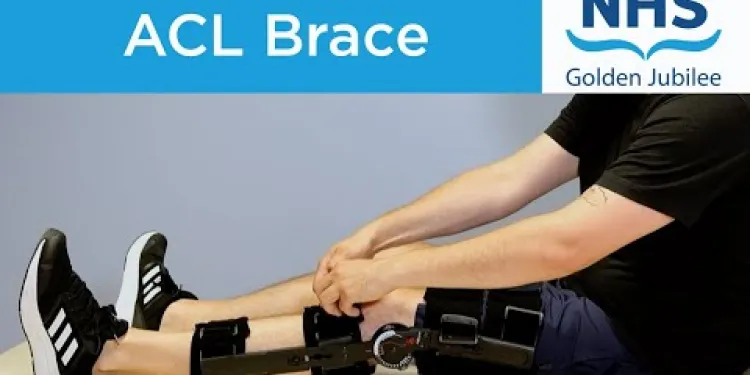
ACL Brace
Relevance: 100%
-

Can I get braces through the NHS?
Relevance: 87%
-
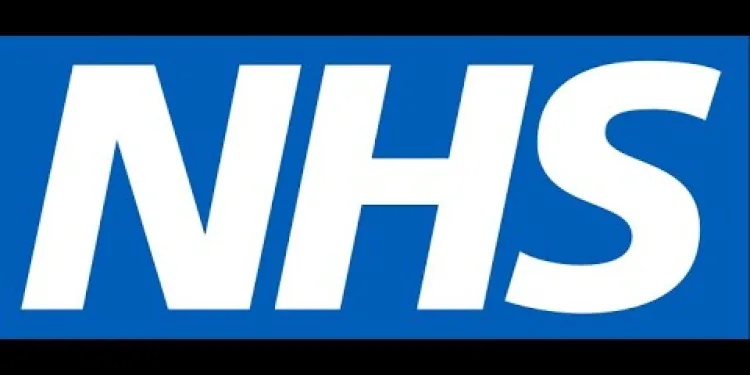
If you want NHS braces, watch this!
Relevance: 86%
-
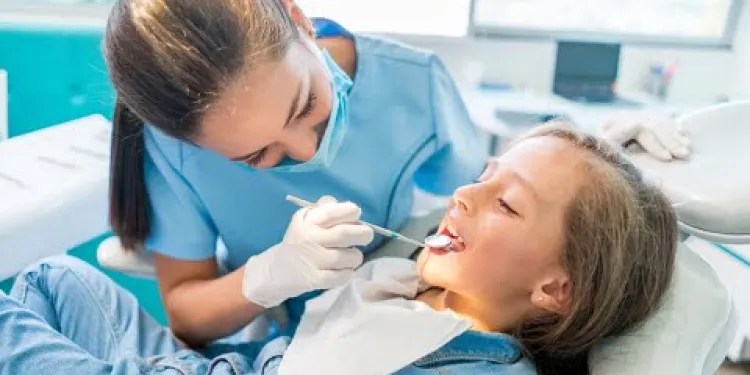
Can my child get braces on the NHS?
Relevance: 86%
-
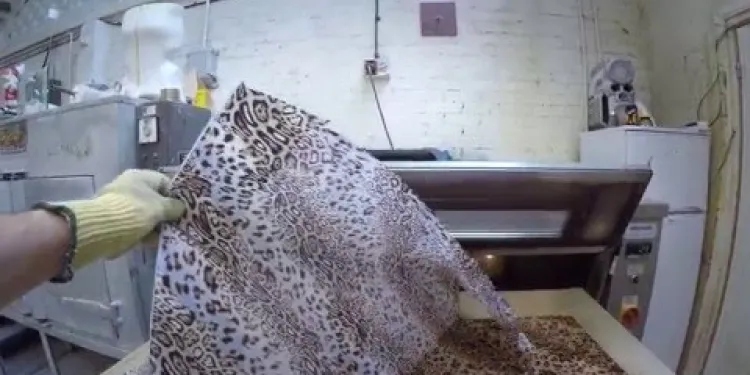
Making a spinal brace for a scoliotic patient at the RNOH
Relevance: 84%
-
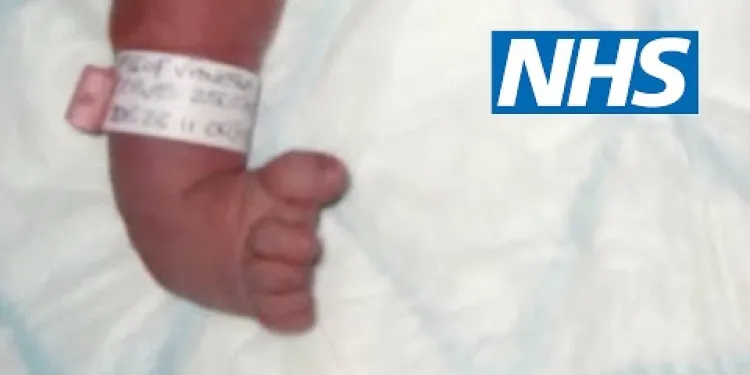
Club foot | NHS
Relevance: 30%
-
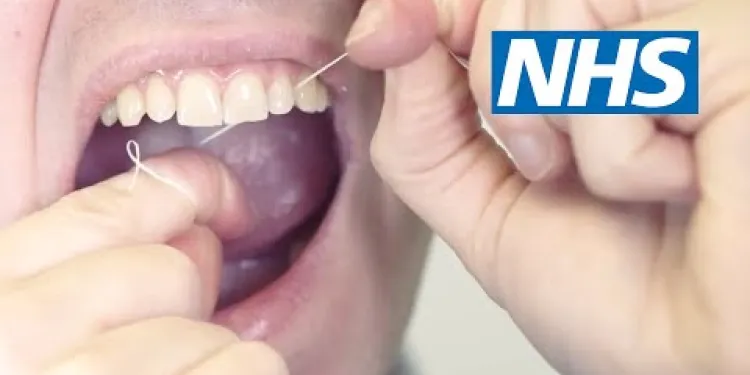
How to floss | NHS
Relevance: 26%
-
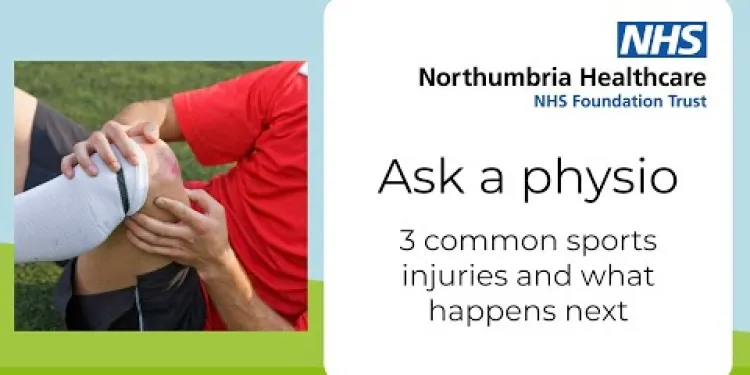
Ask a physio: 3 common sports injuries and what happens next
Relevance: 25%
-
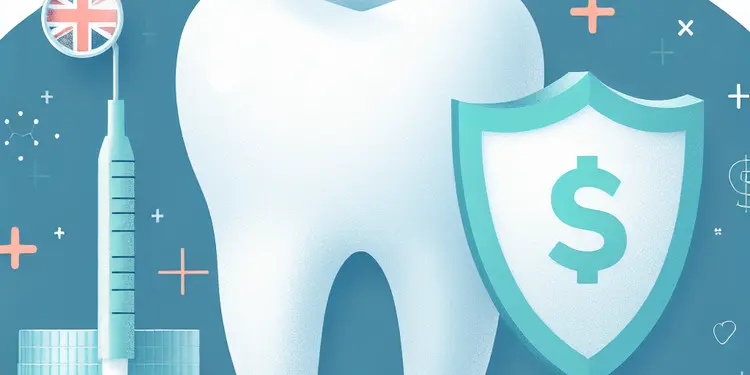
What treatments are covered by the NHS dental services?
Relevance: 23%
-
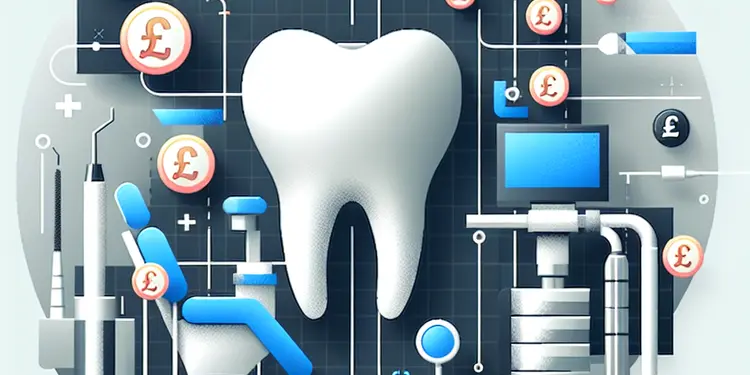
Can I get cosmetic dental treatment on the NHS?
Relevance: 23%
-
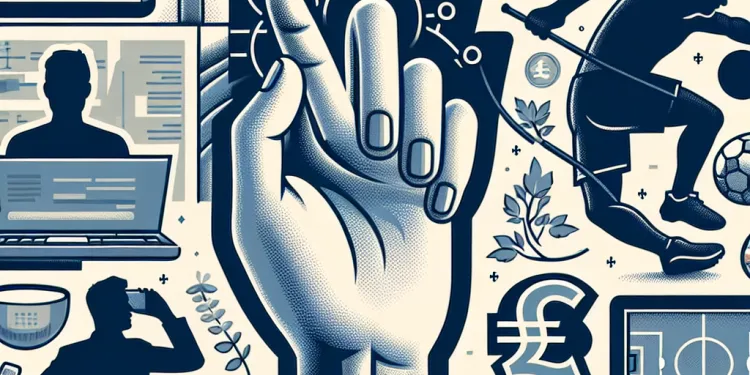
Can I work or continue sports activities if I have Carpal Tunnel Syndrome?
Relevance: 22%
-
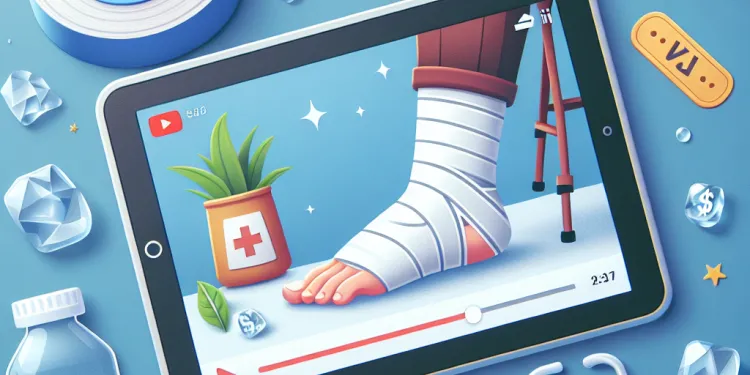
How to treat a sprained ankle
Relevance: 19%
-
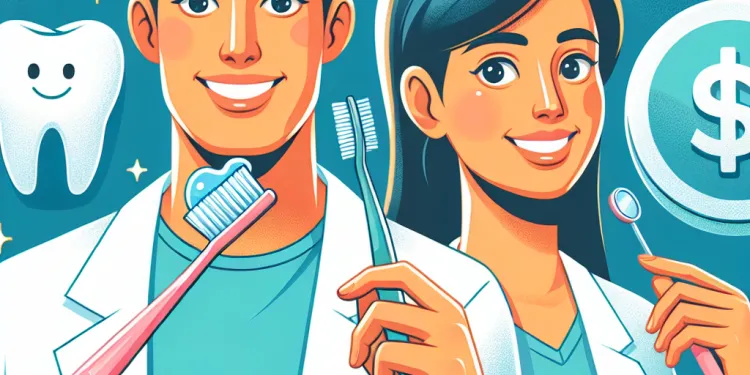
Dental Health: Tips for All Ages
Relevance: 16%
-
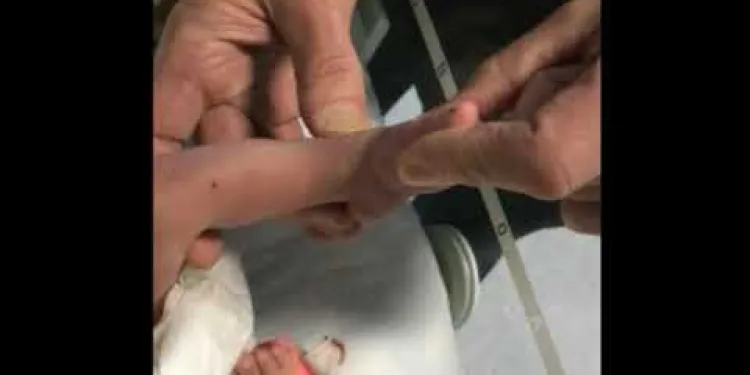
Parent guide to club foot stretches: Step 1
Relevance: 16%
-
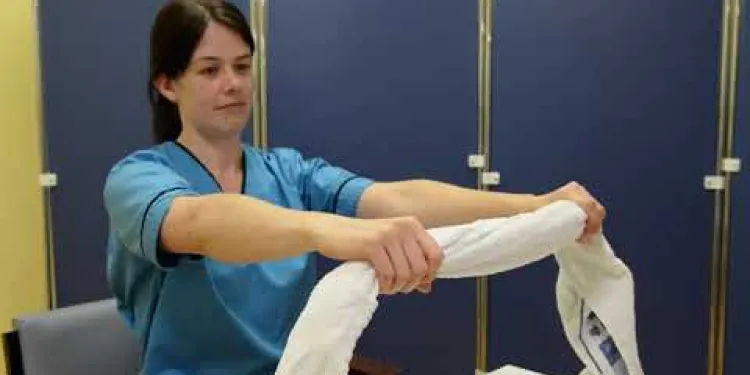
Elbow
Relevance: 15%
-
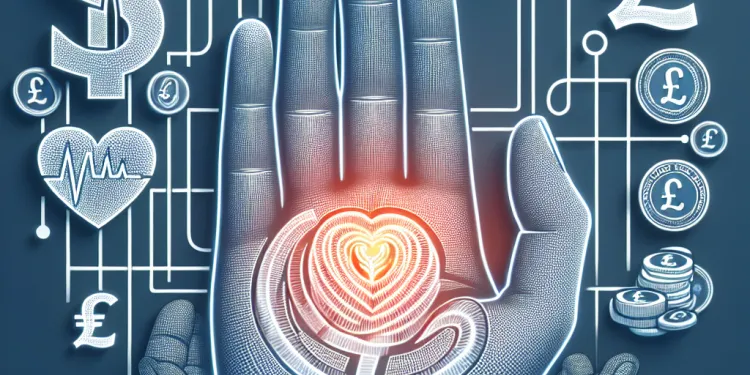
Are there any alternative treatments for Carpal Tunnel Syndrome?
Relevance: 13%
-
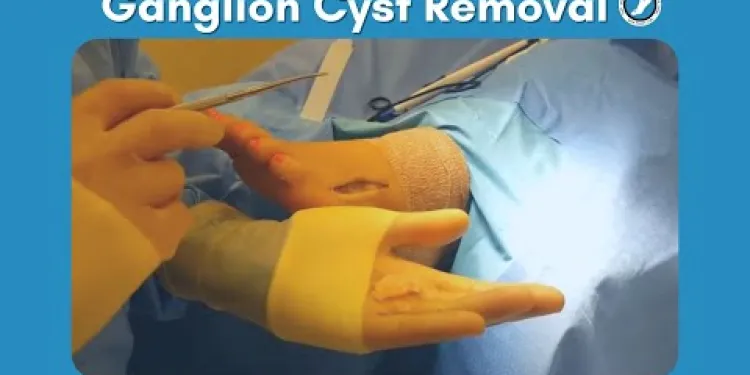
Ganglion Cyst Removal
Relevance: 12%
-
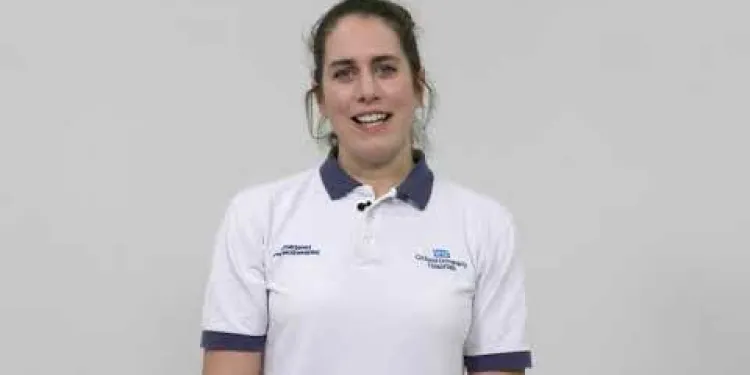
Pelvic Girdle Pain Advice Class
Relevance: 12%
-

Think Pharmacy: Sprains and Strains
Relevance: 12%
-
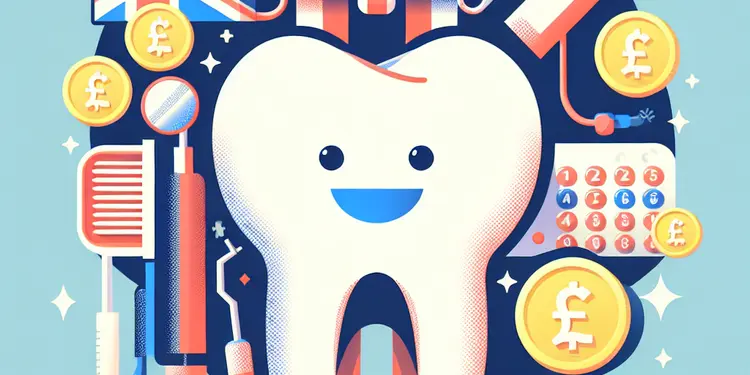
Can children get free NHS dental care?
Relevance: 12%
-
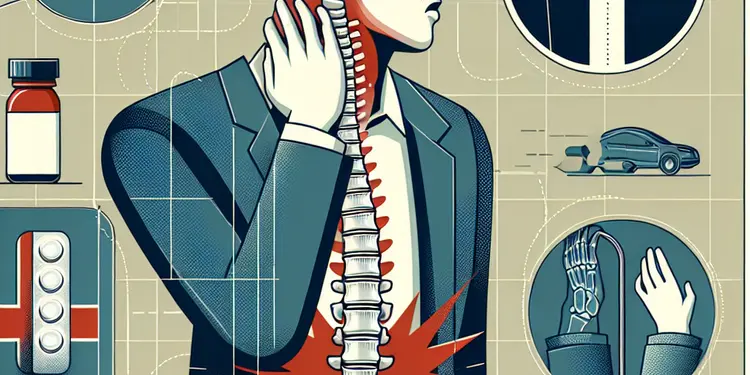
What are the treatment options for whiplash?
Relevance: 12%
-
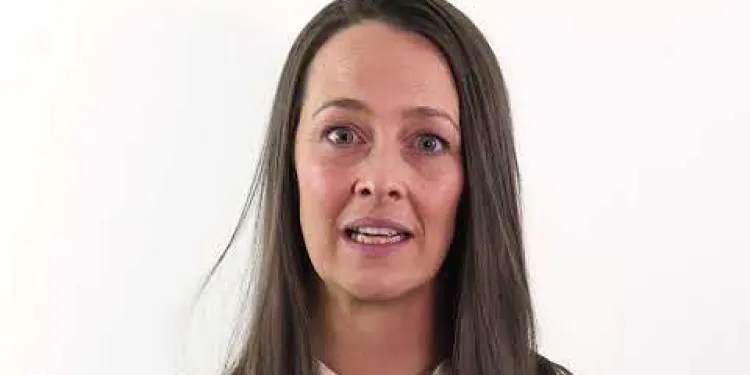
Tennis Elbow
Relevance: 12%
-

Do NHS dentists cover cosmetic treatments?
Relevance: 12%
-
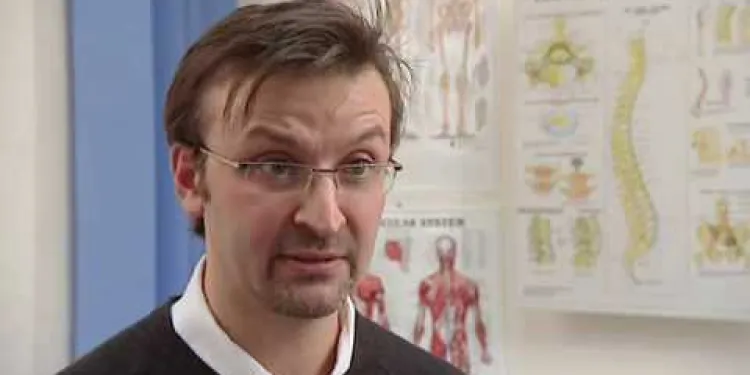
Advice on neck pain and whiplash
Relevance: 11%
-
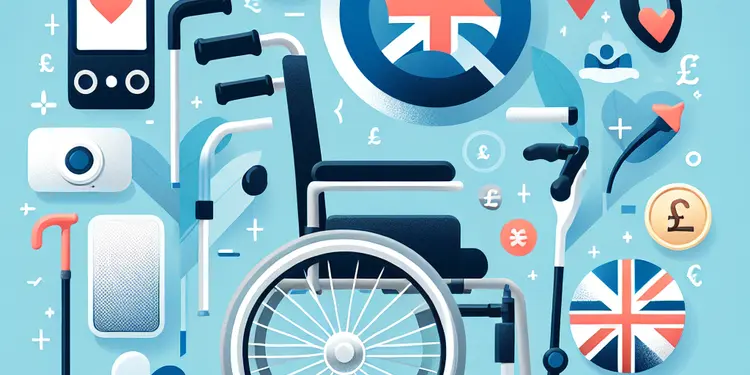
What are common types of mobility equipment?
Relevance: 11%
-

Will the Trump Tariffs affect my business?
Relevance: 11%
-
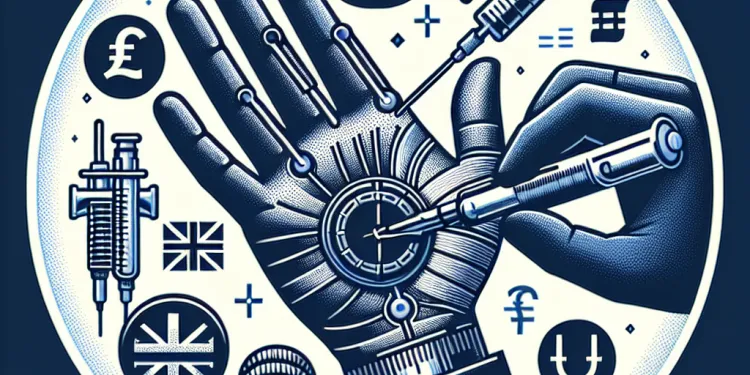
What non-surgical treatments are available for Carpal Tunnel Syndrome?
Relevance: 11%
-

How can I prevent Carpal Tunnel Syndrome?
Relevance: 11%
-
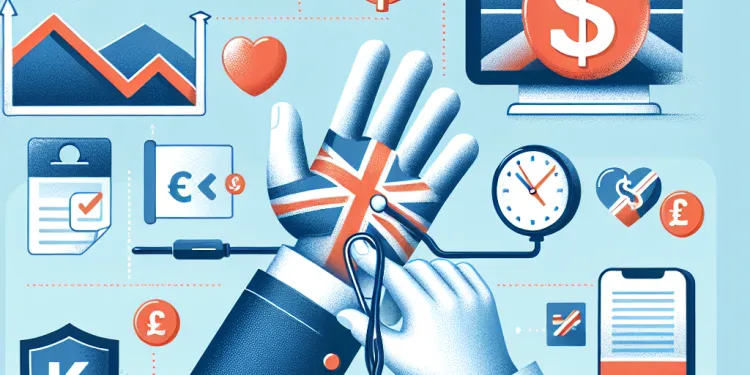
Can lifestyle changes help manage Carpal Tunnel Syndrome?
Relevance: 11%
-

UK Sees Surge in Respiratory Illnesses as Weather Cools
Relevance: 11%
-
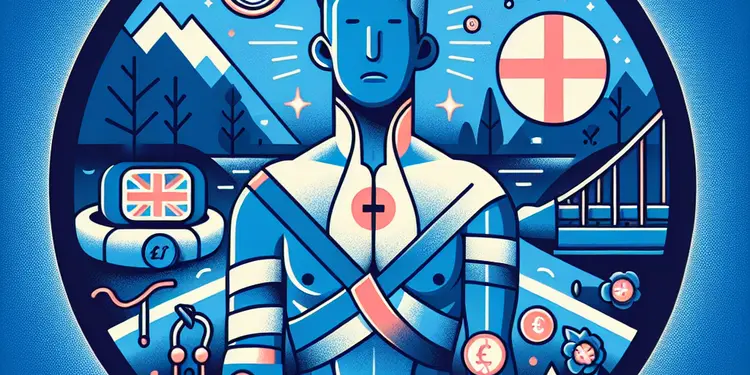
What is the best way to recover from whiplash?
Relevance: 11%
-

Can I get a dentist appointment on the NHS?
Relevance: 11%
-
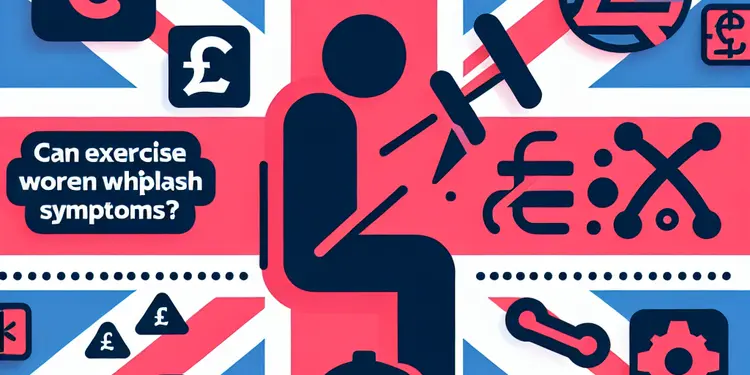
Can exercise worsen whiplash symptoms?
Relevance: 11%
-
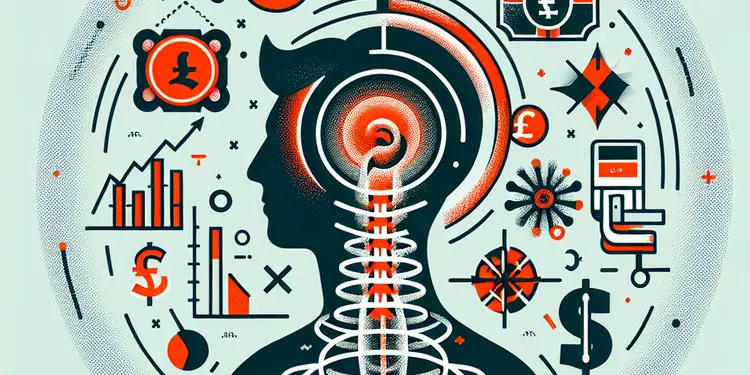
How long do symptoms of whiplash last?
Relevance: 11%
-
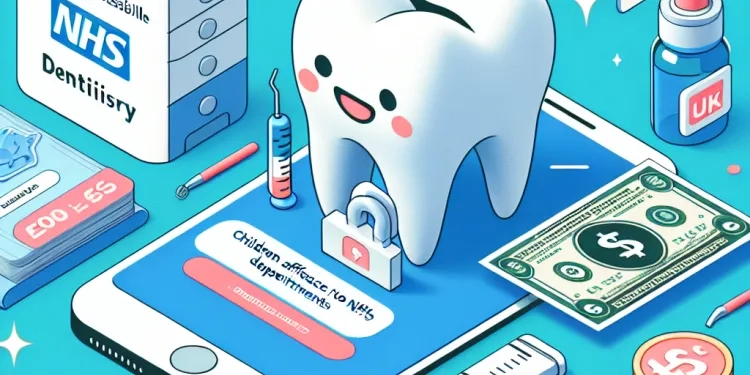
Can children get NHS dentist appointments?
Relevance: 11%
-

What is the role of pain management in treating whiplash?
Relevance: 11%
-
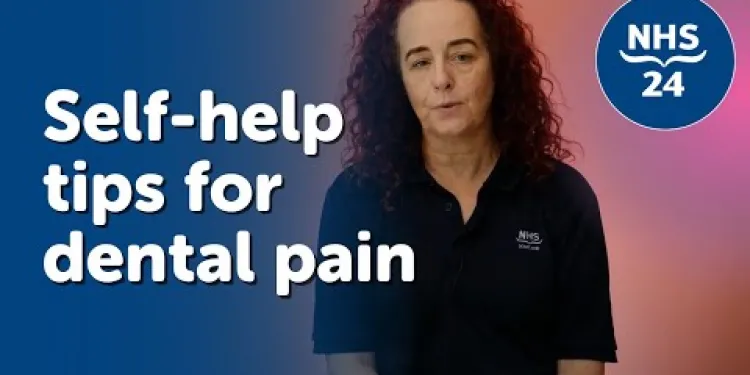
NHS 24 | Self-help tips for dental pain
Relevance: 6%
-
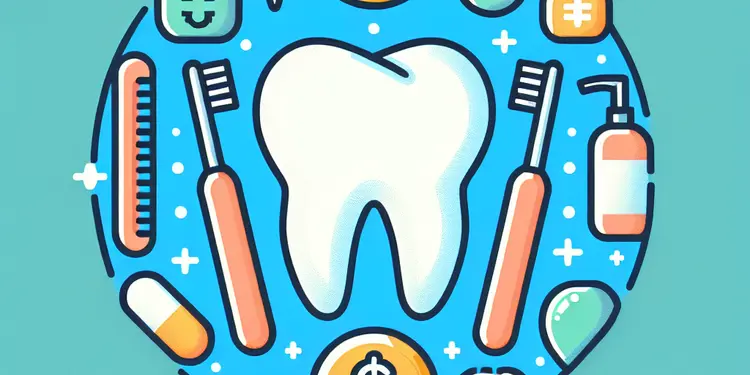
What if I need urgent dental care?
Relevance: 6%
-
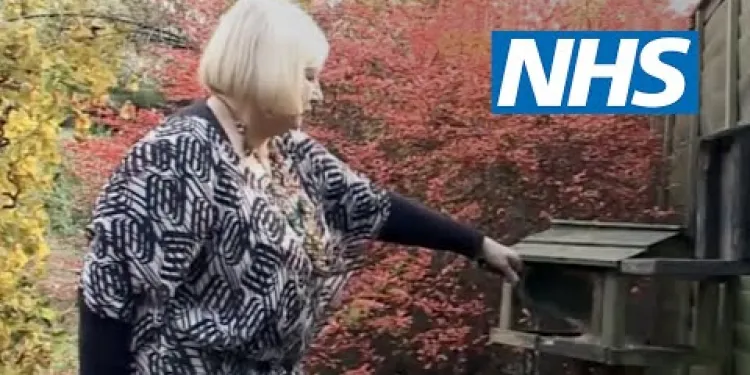
Osteoarthritis: Elaine's story | NHS
Relevance: 6%
-

Can I get Turkey Teeth if I have existing dental issues?
Relevance: 5%
If You Want NHS Braces, Watch This!
Understanding NHS Braces
In the United Kingdom, the National Health Service (NHS) provides orthodontic treatment, including braces, for eligible children and teenagers under the age of 18. Orthodontic treatment on the NHS is provided to those who have a clear clinical need for it, in line with the Index of Orthodontic Treatment Need (IOTN). Adult orthodontic treatment on the NHS is much rarer and generally only provided in severe cases.
Eligibility Criteria
To qualify for NHS braces, a patient’s orthodontic issue must meet a specific threshold defined by the IOTN. Typically, conditions that qualify include severe crowding, overbites, underbites, and other significant dental irregularities. Your dentist will assess your condition and make a referral to an orthodontist if they believe you meet the necessary criteria.
Referral Process
If your dentist determines a need for braces, they will refer you to an NHS orthodontist for an assessment. Waiting times for an appointment can vary depending on your location and the demand for services. It is essential to follow through with appointments and treatment plans to ensure you receive the necessary care.
Costs and Payment
Treatment with NHS braces is free for eligible patients under 18. For adults, NHS treatment is rarely provided, and most will need to consider private options, which can be costly. For private treatment, prices can vary widely, so it’s beneficial to consult with multiple providers to compare costs and services.
Alternative Options
If you don't qualify for NHS treatment or are an adult seeking braces, private orthodontic care is an alternative. Private treatment can offer shorter waiting times and more flexible options, such as clear aligners. It is advisable to discuss all possible treatment options with an orthodontist to make an informed decision that suits your needs and budget.
Conclusion
Getting braces through the NHS involves meeting specific eligibility criteria and can include a waiting period. For eligible children and teens, the NHS provides a valuable service in addressing significant orthodontic issues. Understanding the process and alternative options can help ensure you receive the best possible care for your dental needs in the UK.
If You Want NHS Braces, Watch This!
What Are NHS Braces?
In the UK, the NHS gives braces to kids and teens under 18 who need them. They help fix teeth that are very crooked. Adults usually can't get braces on the NHS unless their teeth are really bad.
Can You Get NHS Braces?
You can get NHS braces if your teeth problem is big enough. Big problems include teeth that are too crowded or don't match up right when you bite. A dentist will check your teeth and send you to a braces doctor if you need it.
How to Get NHS Braces
If the dentist thinks you need braces, they will send you to a special NHS braces doctor. How soon you get an appointment depends on where you live. It's important to go to all your appointments to get the help you need.
How Much Do NHS Braces Cost?
NHS braces are free for young people under 18. Adults usually don't get free braces from the NHS and might need to pay for private braces, which can be expensive. It's good to ask different places about prices if you go private.
Other Choices
If you can't get NHS braces or are an adult, you can pay for private braces. This might be faster and give you more choices, like clear braces. Talk to a braces doctor about what is best for you and your money.
In Summary
Getting braces with the NHS means your teeth must need a lot of help. It might take time to get them, but NHS braces can fix big problems for kids and teens. Knowing your choices can help you get the best care for your teeth in the UK.
Frequently Asked Questions
What are NHS braces?
NHS braces are orthodontic appliances provided by the National Health Service in the UK to help correct issues with teeth alignment, bite problems, and jaw irregularities.
Who is eligible for NHS braces?
In the UK, children under the age of 18 with a clear need for orthodontic treatment, typically classified by qualifying under the Index of Orthodontic Treatment Need (IOTN), are eligible for NHS braces.
How can I apply for NHS braces?
You can apply for NHS braces by visiting your dentist, who will refer you to an orthodontist if they believe you meet the criteria for treatment under the NHS.
Do adults qualify for NHS braces?
Adults typically do not qualify for NHS braces unless there is a significant medical need for orthodontic treatment.
How long is the waiting list for NHS braces?
The waiting list for NHS braces can vary depending on the region, but it is common for patients to wait several months to a couple of years to start treatment.
What types of braces are available through the NHS?
The NHS commonly provides metal fixed braces. Other types like ceramic or clear braces are generally not covered and would need to be funded privately.
Is there a cost for NHS braces?
For eligible patients under 18, NHS braces are free of charge. For adults, if exceptional circumstances warrant NHS treatment, costs may vary.
What should I expect during my first orthodontist visit?
During your first orthodontist visit, an assessment will be conducted to examine your teeth, gums, and jaws. X-rays, photos, and molds of your teeth may be taken to determine the best treatment plan.
How long does NHS brace treatment take?
The duration of NHS brace treatment typically ranges from 18 months to 3 years, depending on the complexity of the dental issues being addressed.
How should I care for my NHS braces?
Proper care includes regularly brushing and flossing around your braces, avoiding hard and sticky foods, and attending regular orthodontic check-ups.
What happens if my braces break or get damaged?
If your braces break or get damaged, contact your orthodontist as soon as possible to schedule a repair appointment.
Can I play sports with NHS braces?
Yes, you can play sports with NHS braces, but it's advisable to wear a mouthguard to protect both your braces and teeth from injury.
Will I need to wear a retainer after my braces are removed?
Yes, after braces are removed, you will typically need to wear a retainer to help maintain the new position of your teeth.
Can I choose the color of my NHS braces?
Many orthodontic practices allow patients to choose the color of the elastic bands on their metal braces, making it a fun way to personalize your braces.
What should I do if I experience pain or discomfort with my NHS braces?
It is normal to experience some discomfort when braces are first fitted or adjusted. Over-the-counter pain relief can help, but if pain persists, contact your orthodontist for advice.
What are NHS braces?
NHS braces are special tools that help straighten teeth. The NHS pays for these if you need them. They help kids and adults have a nice smile. Do you need help to learn more about NHS braces? You can ask your dentist or a trusted adult!
NHS braces are special tools for your teeth. The NHS gives them to people in the UK. They help make teeth straight. They also help if your teeth don't meet right or if your jaw isn't lined up.
When you need help with your teeth, braces can be a good choice. They can make your smile nice and healthy.
If reading is hard, you can ask someone to read to you. There are fun apps that read out loud, too!
Who can get braces from the NHS?
Some kids can get braces from the NHS. Braces help make your teeth straight.
To get braces, you need to be:
- A child whose teeth are not straight
- Under 18 years old
If you think you need braces, talk to your dentist. They will help you.
Here are some tips to help you:
- Ask a family member to go to the dentist with you.
- Use a calendar to remember your dentist visits.
- Write down the dentist's advice so you don't forget.
In the UK, children under 18 can get braces if they really need them. This is decided by something called the Index of Orthodontic Treatment Need (IOTN), which helps see if they qualify for braces. If they do, the NHS can help them get braces.
How do I get braces from the NHS?
1. Talk to your dentist. Ask them if you need braces.
2. If you need braces, your dentist will send you to an orthodontist. An orthodontist is a special dentist for braces.
3. The orthodontist will check your teeth and tell you if you can get braces from the NHS.
4. If you can, they will help you get the braces. If you cannot, they will tell you other options.
Tips:
- Bring a family member or friend to help you understand.
- Ask lots of questions if you are unsure.
- Use a notebook to write down important information.
You can get NHS braces by going to see your dentist. If your dentist thinks you need braces, they will send you to a special teeth doctor called an orthodontist. The orthodontist will check if you can get braces with the NHS.
Can grown-ups get braces from the NHS?
Usually, grown-ups can't get braces on the NHS unless they really need them for their health.
How long do you wait for NHS braces?
Do you want to know how long it takes to get braces from the NHS? The wait can be different for each person. It might take a few months or even longer. You can ask your dentist for more information.
If waiting is hard, here are some things you can try:
- Ask your dentist or doctor for updates.
- Write down any questions you have.
- Talk to friends or family about how you feel.
How long you wait for NHS braces depends on where you live. People usually wait a few months to a couple of years to get their braces.
What types of braces can you get from the NHS?
The NHS can help you get different braces for your teeth. Braces are tools to help straighten teeth. Here are some types you might get:
- Metal Braces: These are shiny and made of metal. They are strong and help straighten teeth well.
- Ceramic Braces: These braces look more like your teeth because they are clear or tooth-colored.
- Lingual Braces: These go behind your teeth, so people can't see them.
- Clear Aligners: These are like clear trays that fit over your teeth and can be taken off.
If you need help understanding more, you can ask a dentist or use pictures. Pictures can show you what each brace looks like. You can also ask someone to go with you to the dentist to help explain things.
The NHS usually gives metal braces. Other braces, like clear or ceramic ones, are not free. You have to pay for those by yourself.
Do you have to pay for braces on the NHS?
Braces help to straighten your teeth. The NHS can give you braces. But, you might have to pay some money.
Ask your dentist about NHS braces. They can tell you if you need to pay.
Do you find reading hard? Using bigger letters or reading aloud can help.
If you are under 18 and need braces, the NHS gives them to you for free. If you are an adult and need braces for special reasons, you might have to pay some money.
What will happen when I go to the orthodontist for the first time?
When you go to the orthodontist for the first time, here is what will happen:
- The orthodontist will look at your teeth and mouth.
- They might take some pictures or x-rays.
- The orthodontist will talk to you about your teeth and how to make them straight.
- They may talk about braces or other treatments.
If you feel worried, it is okay to ask questions. Bringing a notebook or tablet can help you write down what the orthodontist says. You can also bring a friend or family member to help you remember things.
On your first visit to the orthodontist, they will check your teeth, gums, and jaws. They might also take pictures, X-rays, and make a model of your teeth. This helps them decide the best way to fix your teeth.
How long does it take to get braces with the NHS?
Getting braces on the NHS takes time. It can be different for each person. Here is what usually happens:
- Meeting with the Dentist: First, you visit the dentist. They will look at your teeth and tell you if you need braces.
- Waiting List: Sometimes, you might have to wait before getting your braces. This is called a waiting list.
- Braces Treatment: Once you get your braces, the treatment usually takes about 1 to 3 years. It depends on how much your teeth need to move.
- Regular Check-Ups: You will need to see the dentist regularly to check how the braces are working.
- After Braces: After the braces come off, you might need to wear a retainer to keep your teeth in place.
Ask your dentist to explain if you have questions. It can help to bring a family member or friend to appointments. They can help you understand better.
It usually takes 18 months to 3 years to get your teeth straight with NHS braces. The time depends on how tricky the problem is with your teeth.
How do I look after my NHS braces?
Braces help make your teeth straight and healthy. Here is how you can take care of them:
- Brush your teeth after every meal.
- Use a special toothbrush for braces. Ask your dentist about it.
- Be gentle so you don’t break the braces.
- Use dental floss to clean between your teeth.
- Eat soft foods that don’t hurt your braces.
- Don’t eat sticky or hard candies.
- Go to all your dentist check-ups.
If you find it hard, ask an adult or your dentist for help.
Take care of your teeth by brushing and flossing around your braces every day. Stay away from hard and sticky foods. Go to your braces check-ups regularly.
What should I do if my braces break or get damaged?
Sometimes, braces can break or get damaged. This is what you can do:
- Stay calm. It is important not to panic.
- Look in a mirror to see what part is broken.
- If a wire is poking, you can cover it with some sugar-free gum or wax.
- Call your dentist or orthodontist. They will tell you what to do next.
Here are some things that can help you:
- Ask a parent or friend to help you look at your braces.
- Try using a mirror to see better.
Remember to be gentle with your braces to keep them safe.
If your braces break or get damaged, tell your braces doctor. Do this as soon as you can. They can help you fix them.
Can I play sports with NHS braces?
Yes, you can play sports with NHS braces, but you need to be careful. Here are some tips:
- Wear a mouthguard to protect your braces and teeth. Ask your dentist for help to get one.
- Be gentle and try not to get hit in the face.
- Tell your coach and friends that you have braces, so they know to be careful too.
- If your braces get damaged, visit your dentist to fix them.
You can still have fun and stay safe while playing sports with braces!
Yes, you can play sports with NHS braces. But, it is a good idea to wear a mouthguard. This keeps your braces and teeth safe from getting hurt.
After my braces come off, do I have to wear a retainer?
Yes, you need to wear a retainer.
Retainers help keep your teeth straight.
They stop your teeth from moving back.
Ask your dentist how long to wear it for.
Use a calendar to keep track of wearing your retainer.
Yes, after you get your braces off, you will usually need to wear a retainer. The retainer helps keep your teeth in their new position.
Using a calendar or setting reminders can help you remember to wear your retainer every day.
Can I pick the color of my NHS braces?
Yes, you can choose the color of your braces. This means you can ask for your favorite color or mix different colors. When you go to the dentist, they will show you the colors you can pick from. You can change colors each time you see the dentist.
Here are some tips to help you pick:
- Think about your favorite colors.
- Ask the dentist to show you all the color options.
- You can choose a new color each visit.
If you feel unsure, you can ask a friend or family to help you decide.
When you get braces, you can pick the color of the bands on them. This makes it fun and special just for you!
What to Do if Your NHS Braces Hurt or Feel Uncomfortable
If your braces hurt or feel uncomfortable, here are some simple steps to help:
- Tell your parent or carer about the pain.
- Use wax to cover sharp parts. This stops rubbing.
- Eat soft foods like soup or yogurt.
- Take a pain reliever like paracetamol. Ask an adult first.
- If it still hurts, call your dentist for help.
Remember: It’s okay to ask for help!
It is normal to feel some pain when you get braces or they are changed. You can take medicine from the store to help with the pain. If you still hurt a lot, talk to your orthodontist for help.
Useful Links
This website offers general information and is not a substitute for professional advice.
Always seek guidance from qualified professionals.
If you have any medical concerns or need urgent help, contact a healthcare professional or emergency services immediately.
Some of this content was generated with AI assistance. We’ve done our best to keep it accurate, helpful, and human-friendly.
- Ergsy carfully checks the information in the videos we provide here.
- Videos shown by Youtube after a video has completed, have NOT been reviewed by ERGSY.
- To view, click the arrow in centre of video.
- Most of the videos you find here will have subtitles and/or closed captions available.
- You may need to turn these on, and choose your preferred language.
- Go to the video you'd like to watch.
- If closed captions (CC) are available, settings will be visible on the bottom right of the video player.
- To turn on Captions, click settings .
- To turn off Captions, click settings again.
More Items From Ergsy search
-

ACL Brace
Relevance: 100%
-

Can I get braces through the NHS?
Relevance: 87%
-

If you want NHS braces, watch this!
Relevance: 86%
-

Can my child get braces on the NHS?
Relevance: 86%
-

Making a spinal brace for a scoliotic patient at the RNOH
Relevance: 84%
-

Club foot | NHS
Relevance: 30%
-

How to floss | NHS
Relevance: 26%
-

Ask a physio: 3 common sports injuries and what happens next
Relevance: 25%
-

What treatments are covered by the NHS dental services?
Relevance: 23%
-

Can I get cosmetic dental treatment on the NHS?
Relevance: 23%
-

Can I work or continue sports activities if I have Carpal Tunnel Syndrome?
Relevance: 22%
-

How to treat a sprained ankle
Relevance: 19%
-

Dental Health: Tips for All Ages
Relevance: 16%
-

Parent guide to club foot stretches: Step 1
Relevance: 16%
-

Elbow
Relevance: 15%
-

Are there any alternative treatments for Carpal Tunnel Syndrome?
Relevance: 13%
-

Ganglion Cyst Removal
Relevance: 12%
-

Pelvic Girdle Pain Advice Class
Relevance: 12%
-

Think Pharmacy: Sprains and Strains
Relevance: 12%
-

Can children get free NHS dental care?
Relevance: 12%
-

What are the treatment options for whiplash?
Relevance: 12%
-

Tennis Elbow
Relevance: 12%
-

Do NHS dentists cover cosmetic treatments?
Relevance: 12%
-

Advice on neck pain and whiplash
Relevance: 11%
-

What are common types of mobility equipment?
Relevance: 11%
-

Will the Trump Tariffs affect my business?
Relevance: 11%
-

What non-surgical treatments are available for Carpal Tunnel Syndrome?
Relevance: 11%
-

How can I prevent Carpal Tunnel Syndrome?
Relevance: 11%
-

Can lifestyle changes help manage Carpal Tunnel Syndrome?
Relevance: 11%
-

UK Sees Surge in Respiratory Illnesses as Weather Cools
Relevance: 11%
-

What is the best way to recover from whiplash?
Relevance: 11%
-

Can I get a dentist appointment on the NHS?
Relevance: 11%
-

Can exercise worsen whiplash symptoms?
Relevance: 11%
-

How long do symptoms of whiplash last?
Relevance: 11%
-

Can children get NHS dentist appointments?
Relevance: 11%
-

What is the role of pain management in treating whiplash?
Relevance: 11%
-

NHS 24 | Self-help tips for dental pain
Relevance: 6%
-

What if I need urgent dental care?
Relevance: 6%
-

Osteoarthritis: Elaine's story | NHS
Relevance: 6%
-

Can I get Turkey Teeth if I have existing dental issues?
Relevance: 5%


